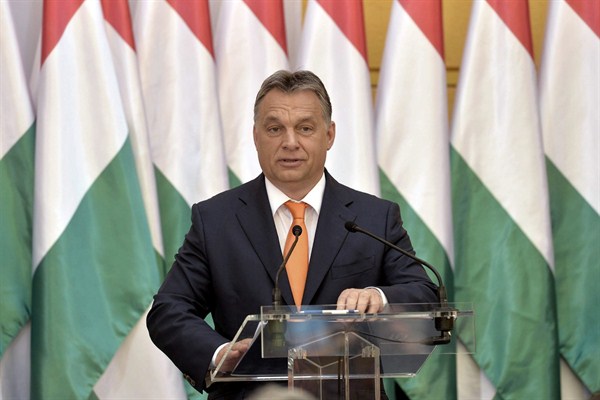Earlier this month, European ministers met in Luxembourg to discuss the Mediterranean migrant crisis and the redistribution of asylum seekers. Though France and Germany voluntarily committed to take in 21,000 migrants, other European Union member states rejected the call for a mandatory quota system. Leading that call was one of the most vocal opponents of the EU’s asylum and migration policy: Hungarian Prime Minister Viktor Orban.
Last month, Orban defiantly suspended the asylum rules known as the Dublin Regulation, which allows refugees to be sent back to the country where they first requested asylum, citing technical difficulties with its implementation. The EU immediately called on Orban to explain these difficulties. The next day the Interior Ministry claimed the original statement had been misunderstood. Under the rules, Hungary has to accept refugees and migrants who have travelled through Hungary to other European countries.
This comes weeks after the government announced plants to erect a fence along its border with Serbia, construction of which began Monday.

